CBD and THC are both found in cannabis plants, but the way they interact with your body is different.
CBD and THC
As the legal use of hemp and other cannabis products grows, consumers are becoming more curious about their options. This includes cannabidiol (CBD) and tetrahydrocannabinol (THC), two natural compounds found in plants of the Cannabis genus.
Both compounds interact with your body’s endocannabinoid system, but they have very different effects.
Read on to learn more about these compounds. While they may have a lot in common, they have some key differences that determine how they’re used.
What is CBD?
CBD can be extracted from hemp or cannabis. Hemp and cannabis come from the Cannabis sativa plant. Legal hemp must contain 0.3% THCTrusted Source or less. CBD is sold in the form of gels, gummies, oils, supplements, extracts, and more.
CBD does not produce the high sensation associated with cannabis.
THC is the main psychoactive compound in cannabis that produces the high sensation. It can be consumed by smoking cannabis. It’s also available in oils, edibles, tinctures, capsules, and more.
Both CBD and THC have the same molecular structure: 21 carbon atoms, 30 hydrogen atoms, and 2 oxygen atoms. A slight difference in how the atoms are arranged accounts for the differing effects on your body.
Both CBD and THC are chemically similar to your body’s endocannabinoids. This allows them to interact with your cannabinoid receptors.
The interaction affects the release of neurotransmitters in your brain. Neurotransmitters are chemicals responsible for relaying messages between cells and have roles in pain, immune function, stress, and sleep, to name a few.
Despite their similar chemical structures, CBD and THC don’t have the same psychoactive effects. CBD is psychoactive, just not in the same manner as THC. It doesn’t produce the high associated with THC.
THC binds with the cannabinoid 1 (CB1) receptors in the brain. It produces a high or a sense of euphoria. This high may be greater if the THC is inhaled rather than ingested, according to research.
CBD binds very weakly, if at all, to CB1 receptors. CBD needs THC to bind to the CB1 receptor and, in turn, can help reduce some of the unwanted psychoactive effects of THC, such as euphoria or sedation.
CBD vs. THC: Legality
In the United States, cannabis-related laws are evolving regularly. Technically, CBD is still considered a Schedule I drug under federal law.
Hemp has been removed from the Controlled Substances Act, but the Drug Enforcement Administration (DEA) and Food and Drug Administration (FDA) still classify CBD as a Schedule I drug.
However, 37 states, plus Washington, D.C., have passed cannabis-related laws, making medical cannabis with high levels of THC legal. The cannabis may need to be prescribed by a licensed physician.
In addition, 19 states, two territories, and the District of Columbia have made adult recreational use of cannabis and THC legal.
In states where cannabis is legal for recreational or medical purposes, you should be able to buy CBD.
Before you try to buy products with CBD or THC, it’s important to research your state’s laws.
If you possess cannabis-related products in a state where they’re illegal or don’t have a medical prescription in states where the products are legal for medical treatment, you could face legal penalties.
CBD vs. THC: Medical benefits
CBD
CBD and THC have many of the same medical benefits. They can provide relief from several of the same conditions. However, CBD doesn’t cause the euphoric effects that occur with THC. Some people may prefer to use CBD because of the lack of this side effect.
In June 2018, the FDA approved Epidiolex, the first prescription medication to contain CBD. It’s used to treat rare, difficult-to-control forms of epilepsy. (Epidiolex is not currently approved for any of the other conditions listed below.)
CBD is used to help with other various conditions, such as:
- seizures
- inflammation
- pain
- psychosis or mental disorders
- inflammatory bowel disease
- nausea
- migraine
- depression
- anxiety
According to 2020 research, CBD may help with
- social anxiety
- schizophrenia
- sleep disorders
- post-traumatic stress disorders
It has yet to be approved by the FDA for these uses. More research is needed to determine whether CBD can effectively treat these conditions and others. Current clinical studies are investigating CBD as a possible treatment for:
- mood disorders
- chronic pain
- inflammatory diseases
- neurodegenerative diseases like Alzheimer’s and Parkinson’s diseases
- tumors
THC
Two synthetic formulations of THC are approved by the FDA for treating specific conditions.
Nabilone (Cesamet) is FDA approved for treating chemotherapy-induced nausea and vomiting.
Dronabinol (Marinol, Syndros) is FDA approved to treat nausea and vomiting caused by chemotherapy drugs. It is also approved to stimulate appetite in people with AIDS or anorexia.
THC is often used to help with the following:
Recent studies are looking at the potential of THC to possibly treat the following:
- obstructive sleep apnea
- fibromyalgia
- chronic neuropathic pain
CBD vs. THC: Side effects
CBD is well tolerated, even in large doses. Research suggests any side effects that occur with CBD use are likely the result of drug-to-drug interactions between CBD and other medications you may be taking. This may include liver damage.
CBD’s side effects may include:
- appetite changes
- fatigue
- weight loss
- dizziness
- diarrhea
- sleepiness and drowsiness
- increased suicidal thoughts
THC causes temporary side effects, such as:
- increased heart rate
- coordination problems
- dry mouth
- red eyes
- slower reaction times
- memory loss
- anxiety
- tiredness
- confusion
- distress
- low blood pressure
- seizures and seizure-like activity
These side effects are part of the compound’s psychoactive properties.
Neither compound is fatal.
However, high THC use may be connected to long-term negative psychiatric effects. This may be especially true for adolescents who consume large amounts of THC.
Long-term cannabis use can cause amotivational syndrome in which people experience symptoms of depression along with low motivation, according to 2021 researchTrusted Source. The same research notes that cannabis use has also been linked to psychosis, depression, anxiety, schizophrenia, and substance use disorders.
However, there’s currently no conclusive evidence that using cannabis causes psychiatric disorders like schizophrenia.
CBD vs. THC: Drug testing
Cannabinoids like THC and CBD are stored in the body’s fat. They can show up on drug tests for several days or weeks after you use them.
Not every drug test will be able to detect CBD, but CBD-sensitive tests are available. Most standard drug tests will look for chemicals related to THC, so THC or cannabis use might appear on a screening.
Likewise, hemp can produce some THC in addition to CBD, so a test could be positive for THC even if you haven’t used it.
It’s important to note that products that claim to be THC-free may not be free of THC, so if you’re drug tested, you should not use any CBD or THC products.
Why do people talk about THC content in CBD oil if THC and CBD are two different compounds?
CBD and THC are two of the most prominent cannabinoids found in the cannabis plant. Both cannabis and hemp produce CBD and THC.
However, cannabis has a higher concentration of THC. Hemp has a higher concentration of CBD.
The average cannabis strain before 2014 contained about 12 percent THC. Current levels may be closer to 15% to 30% and may also vary by location, according to 2020 research. CBD oil may contain small amounts of THC because it’s present at low levels in the hemp plant. CBD can have no more than 0.3 percent THC to be legal at the federal level.
Takeaway
CBD and THC both have medical benefits. They’re also both considered safe, but consider the possibility of side effects and interactions with other drugs you’re taking. Talk with your doctor or a qualified cannabis or CBD clinician before use and if you have any questions.
| CBD | THC | |
|---|---|---|
| Is illegal | No (See below) | Yes (See below) |
| Produces a high | No | Yes |
| Interacts with endocannabinoid system | Yes | Yes |
| Has side effects | Some | Psychoactive side effects |
| Shows on drug test | Possibly | Yes |
| Relieves pain | Yes | Yes |
| Reduces nausea | Yes | Yes |
| Eases migraine | Yes | Yes |
| Reduces anxiety | Yes | Yes |
| Eases depression | Yes | No |
| Decreases seizures | Yes | No |
| Is anti-inflammatory | Yes | Yes |
| Helps with insomnia | Yes | Yes |
| Helps with psychosis | Yes | No |
| Increases appetite | No | Yes |
| Is used for various other conditions | Yes | Yes |
Is CBD Legal? Hemp-derived CBD products (with less than 0.3 percent THC) are legal on the federal level, but are still illegal under some state laws. Marijuana-derived CBD products are illegal on the federal level, but are legal under some state laws. Check your state’s laws and those of anywhere you travel. Keep in mind that nonprescription CBD products are not FDA-approved, and may be inaccurately labeled.


